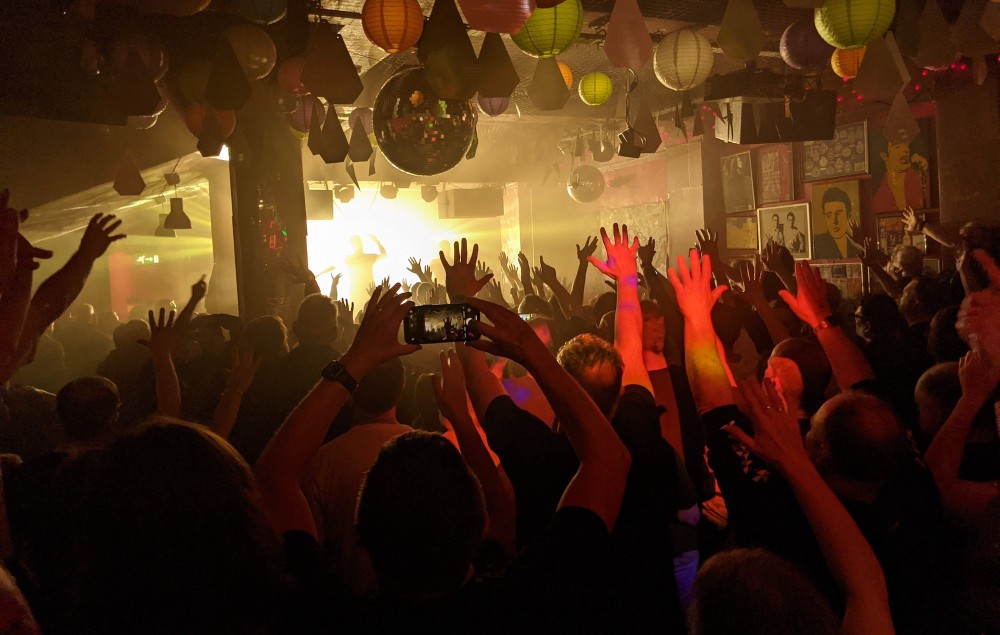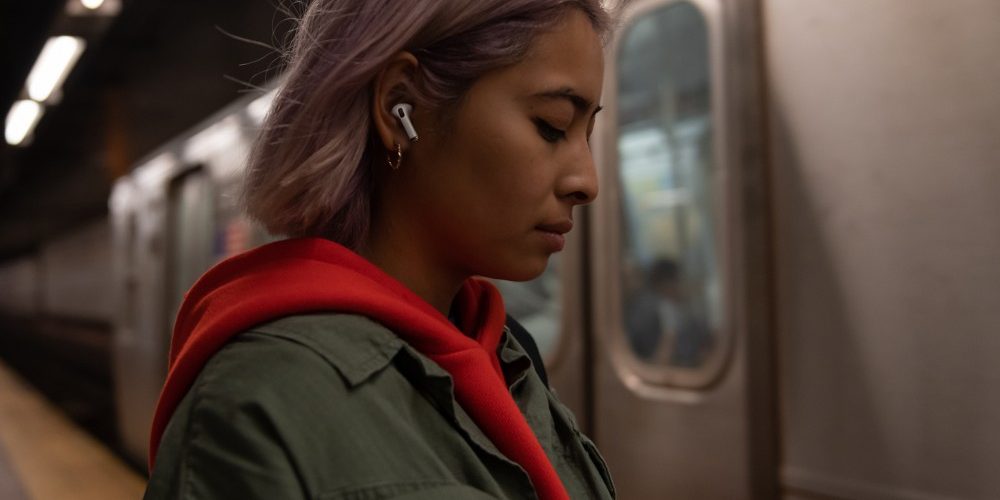More than 1billion young people at risk of hearing loss from unsafe exposure to music, study finds
An aggregate study has found that as many as 1.35billion teenagers and young adults are at risk of hearing loss due to exposure to unsafe sound levels.
The study titled Prevalence And Global Estimates Of Unsafe Listening Practices In Adolescents And Young Adults: A Systematic Review And Meta-Analysis explores the unsafe listening practices of those in the 12 to 34-year-old cohort – be it from exposure via personal listening devices or live entertainment.
Published in the BMJ Global Health Journal, the study researched the effects of listening to music on personal listening devices such as headphones and earbuds and attending live events at entertainment venues including arenas, theatres and bars.
The new research looked at 33 existing studies that compiled data from 35 records totalling more than 19,000 young people.

Of the records, 17 focused on personal listening devices and 18 centred on live music venues. The new study discovered that approximately 24 per cent of young people were listening to music at unsafe decibel levels on their personal listening devices and that 48 per cent of the people were exposed to dangerous decibel levels at various live venues.
Taking into account that the current global population of people in the age group is estimated to be 2.8billion, that means that between 670million and 1.35billion young people are thought to be in danger of hearing loss.
The new study is a corroboration and update of a 2015 World Health Organisation (WHO) warning that roughly 1billion young people were at potential risk of hearing loss from voluntary recreational noise exposure.
You can read the official conclusion (excerpted) below, however the full study is available here.
“Exposure to unsafe listening practices from voluntary use of PLDs and attendance at loud entertainment venues is highly prevalent in adolescents and young adults. It is estimated that 0.67–1.35billion adolescents and young adults worldwide could be at risk of hearing loss from exposure to unsafe listening practices.
“There is an urgent need for governments, industry and civil society to prioritise global hearing loss prevention by promoting safe listening practices. WHO global standards, recommendations and toolkits are available to aid in the development and implementation of policy and public health initiatives to promote safe listening worldwide.”
Meanwhile, in other news, a new report has found that people of colour in the UK were more likely to be hit with COVID lockdown event fines.
